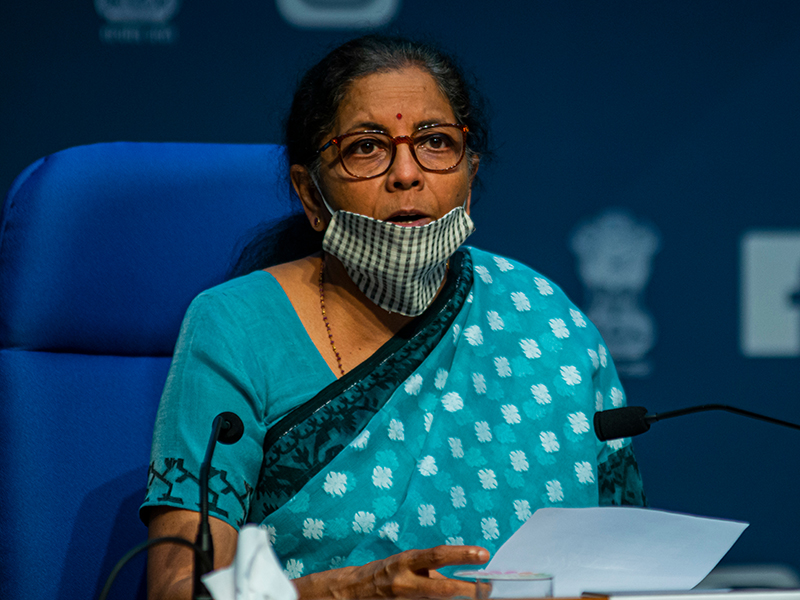Here's all you need to know about the Banking Regulation Amendment Bill
Union Finance Minister Nirmala Sitharaman on September 14 withdrew an earlier version of the bill, which was tabled in March before the COVID-19 pandemic.
 Image: Shutterstock
Image: Shutterstock
Union Finance Minister Nirmala Sitharaman on September 14 introduced the Banking Regulation (Amendment) Bill, 2020 in the Lok Sabha.
The Lok Sabha is expected to take up the bill for consideration and passing on September 15.
The bill proposes amendments to the Banking Regulation Act, 1949, and will replace the the Banking Regulation (Amendment) Ordinance, 2020.
The bill aims to bring co-operative banks under the supervision of the Reserve Bank of India (RBI). The bill will also permit the RBI to initiate a scheme for reconstruction or amalgamation of a stressed lender without imposing a moratorium.
The Union Cabinet had on June 26, 2020 approved the ordinance, when the Parliament was not in session.
Follow our blog for live updates on the Parliament's monsoon session
According to the statement of reasons and objectives mentioned in the bill, "As the economic situation arising from the COVID-19 pandemic had increased the stress in both co-operative banks and banking companies, there was an immediate need for legislation in this regard."
Sitharaman on September 14 withdrew an earlier version of the bill, which was tabled in March before the COVID-19 pandemic.
The bill was criticised by Opposition members, such as Congress leader Shashi Tharoor and Saugata Roy of the Trinamool Congress, who accused the Centre of encroaching on the rights of states.
According to the latest version of the bill, the Banking Regulation Act shall not apply to primary agricultural credit societies and co-operative societies whose primary object and principal business is of providing long term finance for agricultural development.
The bill also states that if a co-operative bank is registered with the Registrar of Co-operative Societies of a state, the central bank may supersede the lender's board after consultation with the concerned state government.
Here are a few other points mentioned in the bill:
> A co-operative bank may issue equity, preference, or special shares on face value or at a premium to its members, via a public issue or private placement
> The RBI has the authority to exempt a co-operative bank or a class of co-operative banks from certain provisions of the Act.
> The RBI may supersede the board of a multi-state co-operative bank for up to five years under certain conditions.
Original Source: https://www.moneycontrol.com/news/business/economy/heres-all-you-need-to-know-about-the-banking-regulation-amendment-bill-5840241.html